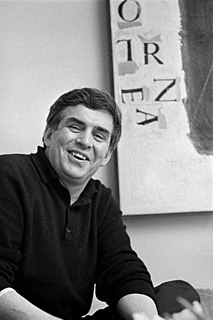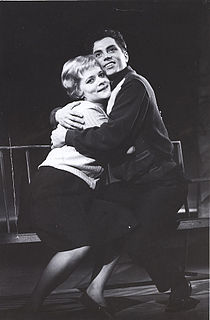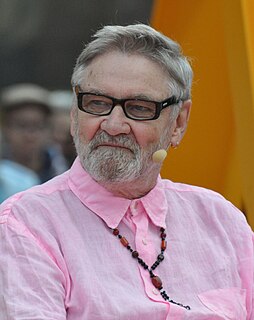Career
Born Väinö Armas Lind, his father was a tailor. He initially attended trade school before studying for a business career. He began his acting career at the Tampere Theatre in 1906 and from 1915-1917 toured Finland performing in comedic operettas, often in the company of actor Iivari Kainulainen. [2] Lehmus also served as the director for many working class theaters and was the theater director for the Vyborg Worker's Theatre from 1927 to 1928. He was also the property manager and stage director for Harjula Oy, a children's educational facility in Lohja. [3]

The Tampere Theatre is one of the two main active theatres in Tampere, Finland, along with the Tampere Workers' Theatre. The theatre was started in 1904.

Operetta is a genre of light opera, light in terms both of music and subject matter.
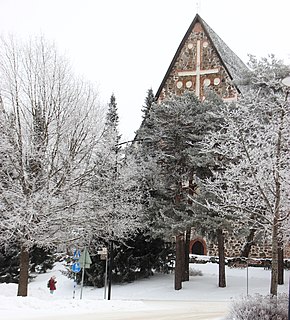
Lohja is a city and municipality in the Uusimaa region of Finland. The city has a population of 47,518 (2017), and it covers an area of 1,109.73 square kilometres (428.47 sq mi) of which 91.78 km2 (35.44 sq mi), or 8.3 percent, is water. The population density of Lohja is 132.42 inhabitants per square kilometre (343.0/sq mi). The municipality is bilingual, with the majority being Finnish and minority Swedish speakers. Lohja has the fourth-most summer houses of any municipality in Finland, with 8,468 located within the city as of June 2018. Lohja is located near Greater Helsinki, and it benefits from a good road network. It takes less than an hour to drive from Helsinki to Lohja on the E18 motorway.
In addition to a long career on the Finnish stages, Väinö Lehmus performed in approximately seven early Finnish silent films; the first two of which, 1920's Kilu-Kallen ja Mouku-Franssin kosioretki and 1921's Kun solttu-Juusosta tuli herra, he also was the screenwriter. Both films were comedic shorts directed by Hjalmar V. Pohjanheimo. With the exception of two films released in 1920, directed by Erkki Karu, all of his subsequent film appearances were directed by Pohjanheimo. The last being 1921's Sunnuntaimetsästäjät, which was a feature-length film. Most of Lehmus's film appearances were in comedic roles. [4]
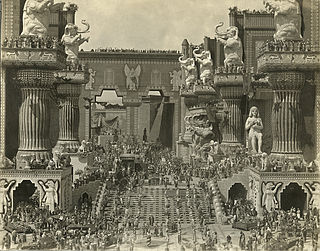
A silent film is a film with no synchronized recorded sound. In silent films for entertainment, the plot may be conveyed by the use of title cards, written indications of the plot and key dialogue lines. The idea of combining motion pictures with recorded sound is nearly as old as film itself, but because of the technical challenges involved, the introduction of synchronized dialogue became practical only in the late 1920s with the perfection of the Audion amplifier tube and the advent of the Vitaphone system. During the silent-film era that existed from the mid-1890s to the late 1920s, a pianist, theater organist—or even, in large cities, a small orchestra—would often play music to accompany the films. Pianists and organists would play either from sheet music, or improvisation.

Hjalmar V. Pohjanheimo was a Finnish film producer and director. Pohjanheimo also owned a number of movie theaters in Finland.
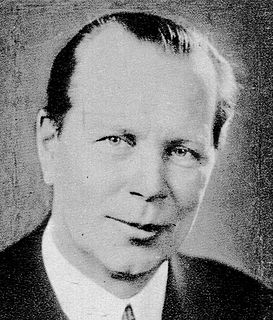
Erkki Karu was a Finnish film director, screenwriter and producer, and one of the pioneers of the Finnish cinema.




